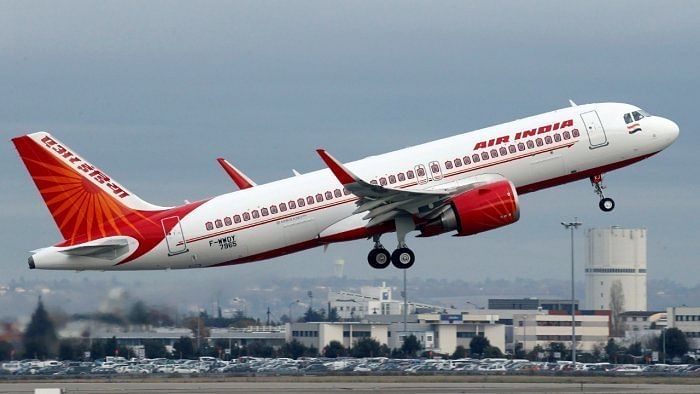
The incident in which a flyer, Shankar Mishra, allegedly urinated on a co-passenger on an Air India flight in an intoxicated state has sent shock waves across the country.
Presently, he is under custody and Air India has banned him from flying for four months. In light of the incident, here, we explain what rules dictate the action(s) to be taken against unruly passengers.
Who is an unruly passenger?
In simple terms, an unruly passenger is one “who fails to respect the rules of conduct at an airport or on board an aircraft or to follow the instructions of the airport staff or crew members and thereby disturbs the good order and discipline at an airport or on board the aircraft,” as per an IE report citing Air India's official reguations.
There is one more important rule that we must be aware of: Rule 23 of the Aircraft Rules, 1937.
What does the rule say?
“No person shall, on board an aircraft (shall) assault, intimidate or threaten, whether physically or verbally, any person… consume alcoholic beverages or drugs … which is likely to endanger the safety of the aircraft or of any person or jeopardises the good order and discipline on board the aircraft,” states Rule 23.
Further, uruly behaviour has its own sub-categories.
Levels of unruly behaviour:
There are several levels of unruly behaviour. They are:
Level 1 deals with disruptive behavior such as physical gestures, verbal harassment, unruly inebriation, etc.
Level 2 deals with physically abusive behaviour such as pushing, kicking, hitting, grabbing or inappropriate touching or sexual harassment, etc.
Level 3 deals with life-threatening behavior such as damage to aircraft operating system, physical violence such as choking, eye gouging, murderous assault, attempted or actual breach of the flight crew compartment, etc.
As per this list, the accused’s behaviour can be said to fall under Level 2 offences, for which the airline can impose flying ban of 6 months. Notably, however, Mishra has only received a four-month ban.